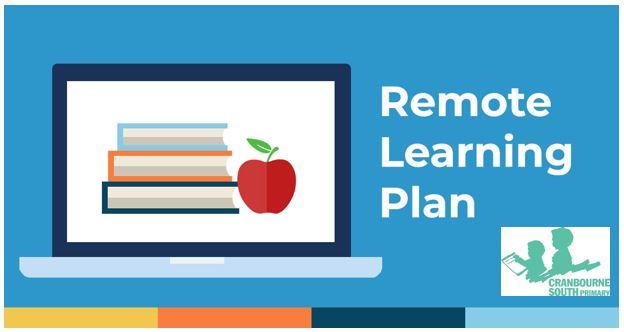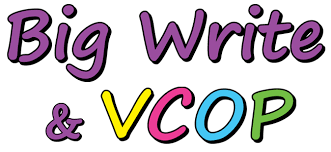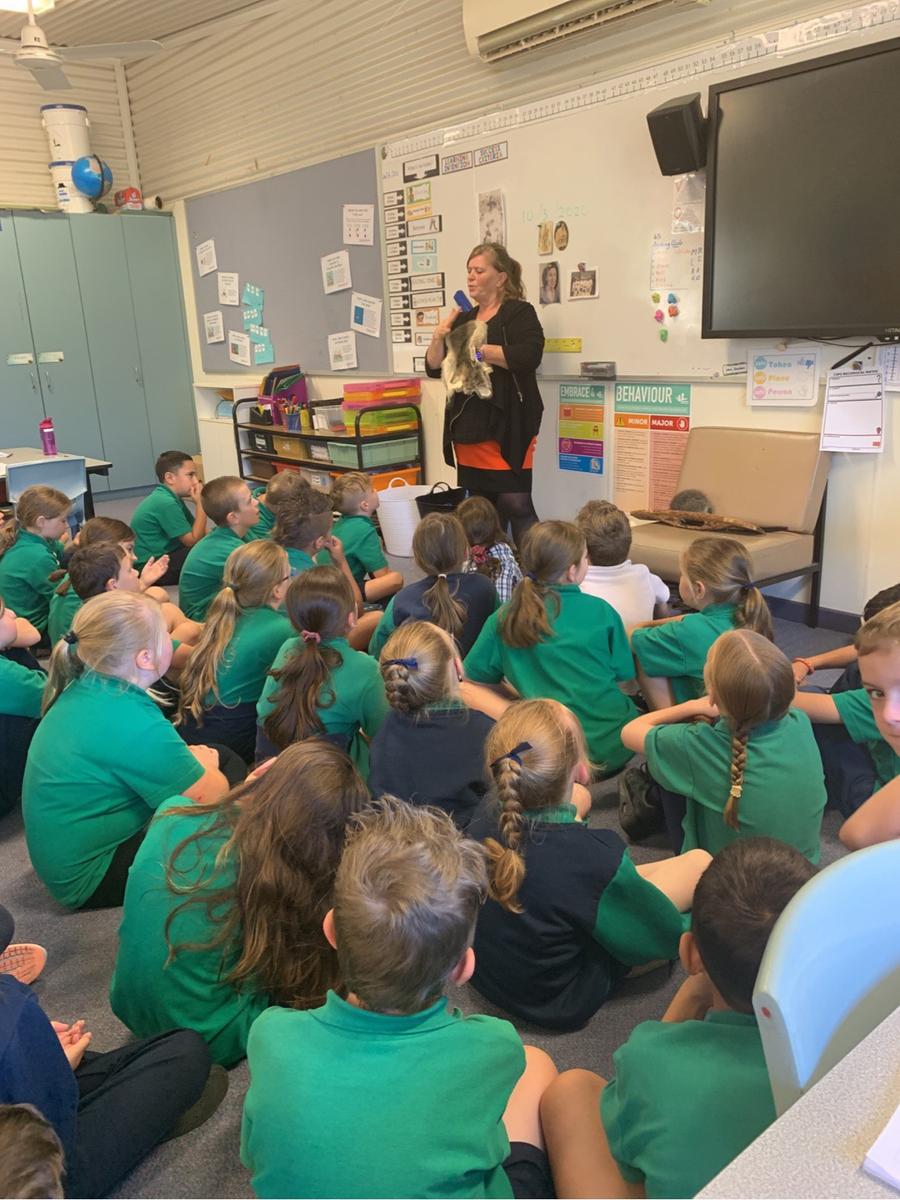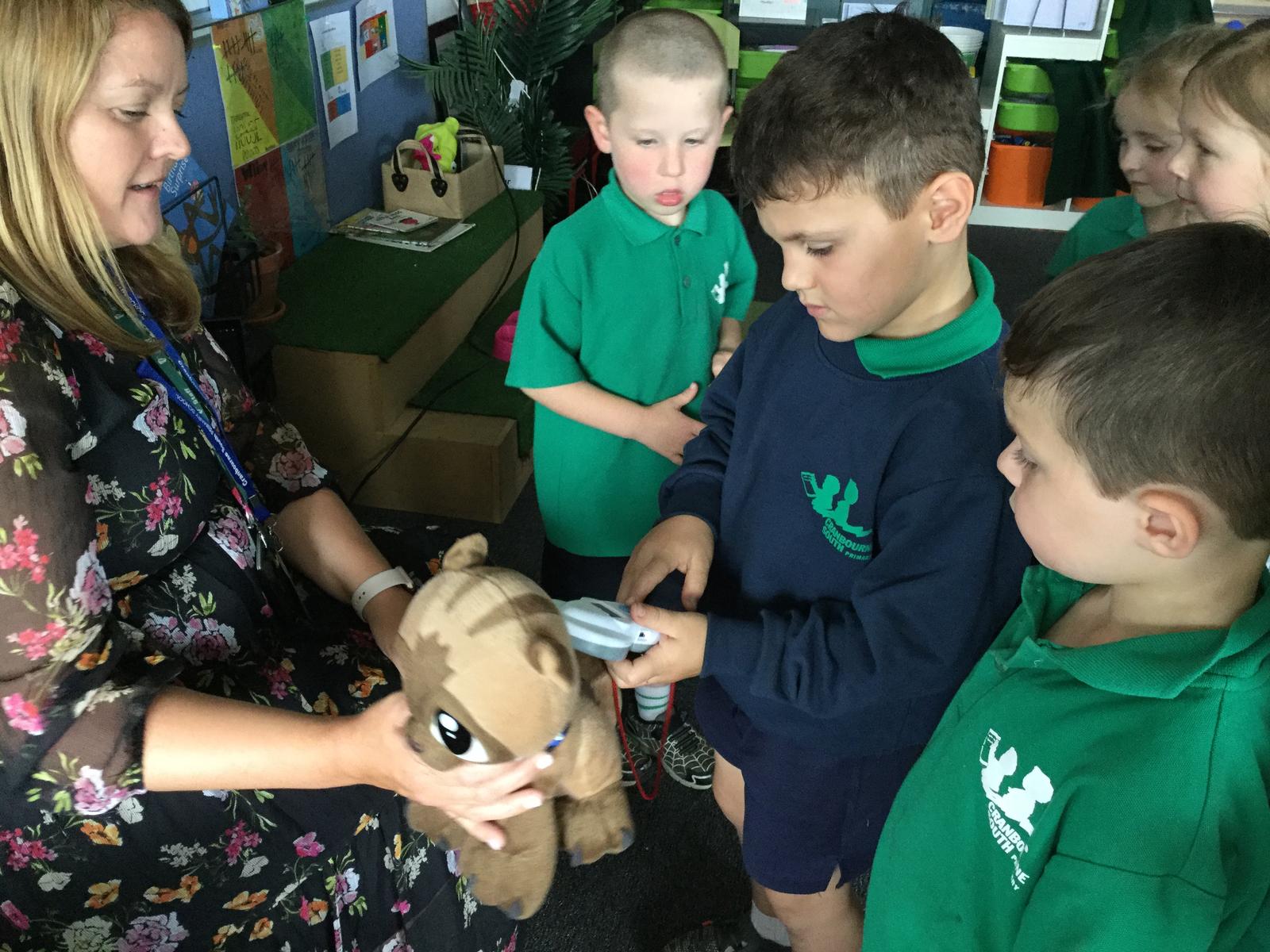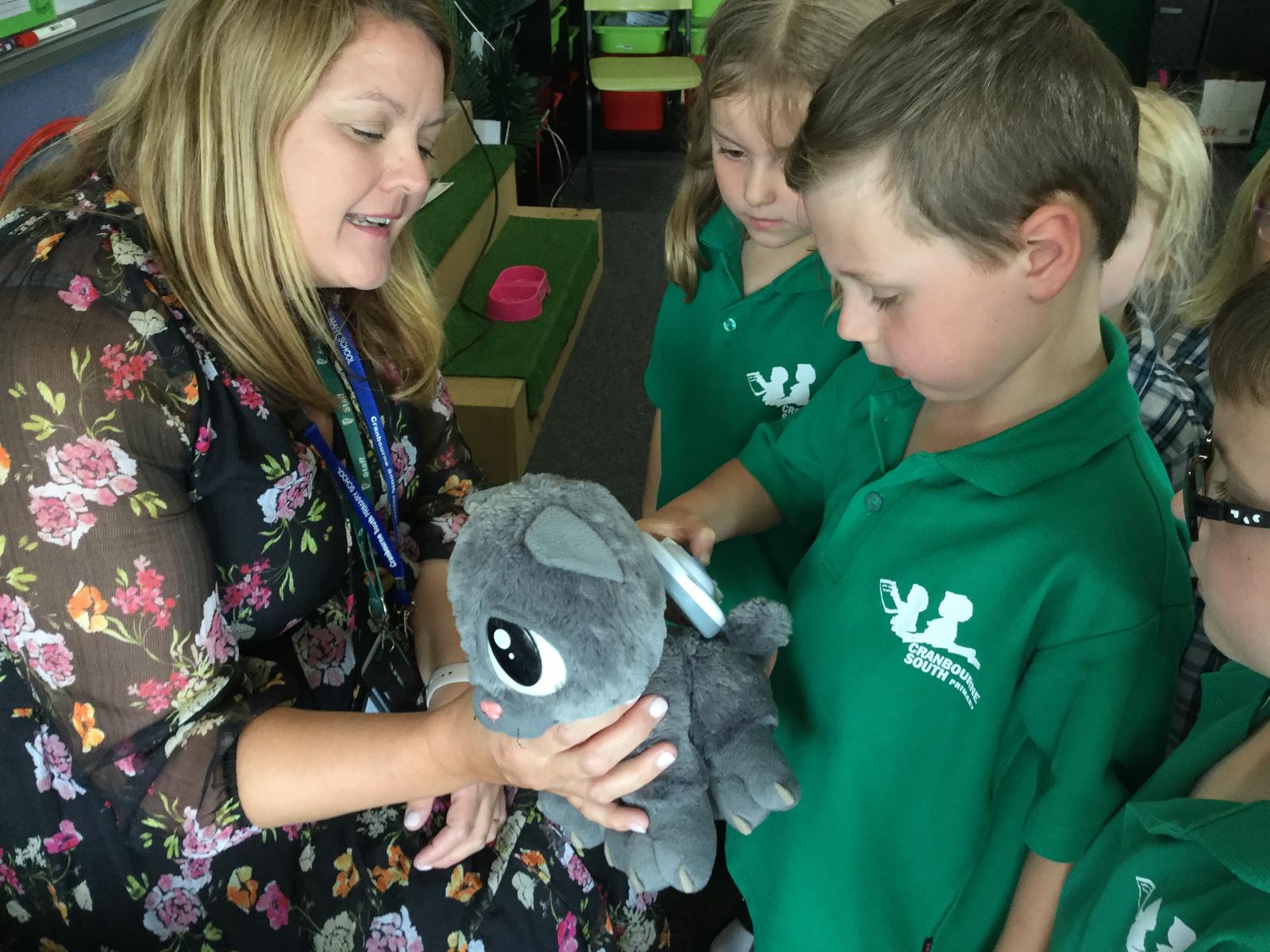Education News
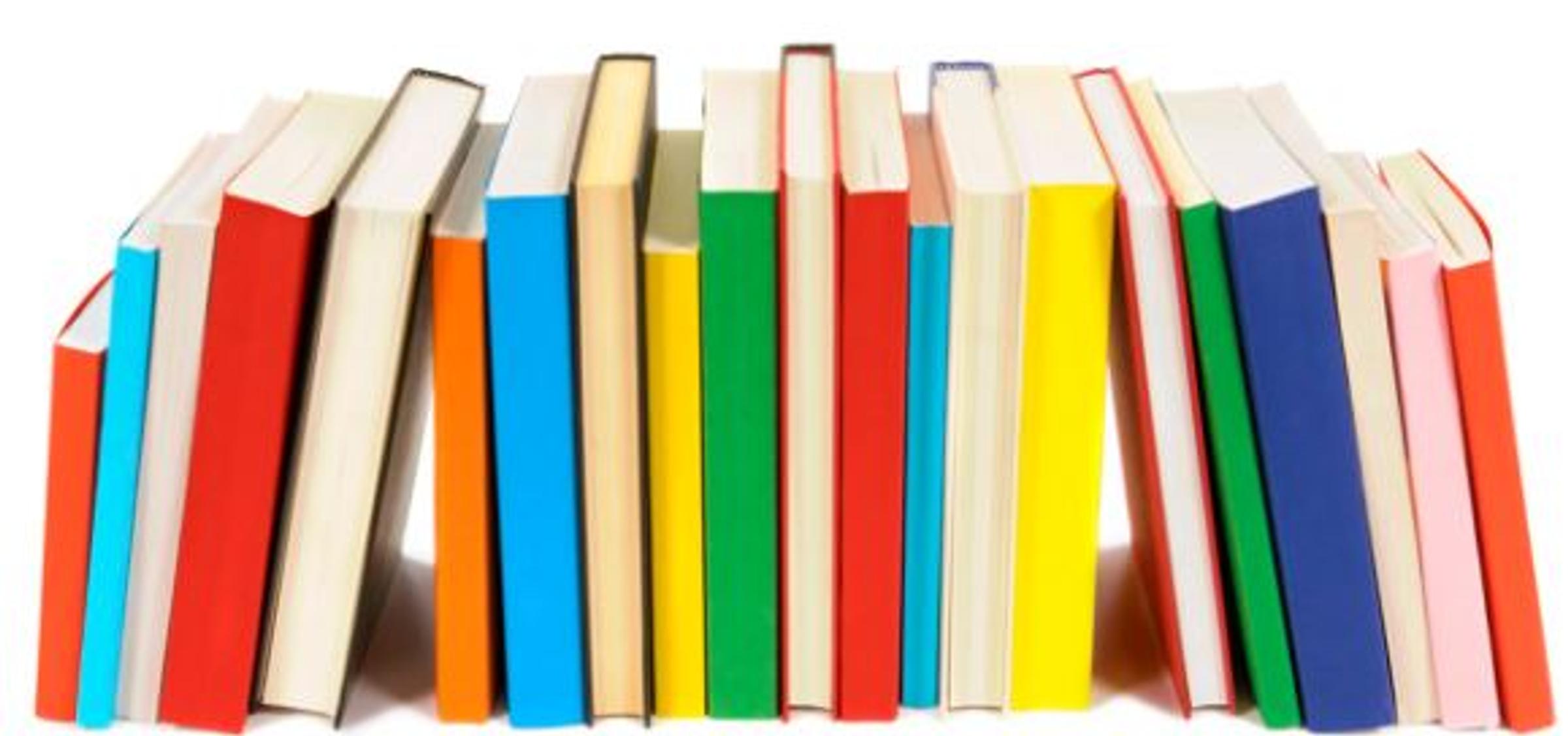
Transition to Remote Learning
CSPS is well prepared to support families in the event that we are required to make a transition to remote learning through ensuring resources, advice, guidance and supports are available.
A Transition to Remote Learning Plan has been developed in the event of the following situations:
Voluntary isolation by families
Decrease of school instruction time
Closure of schools
A Transition to Remote Learning Plan will include options for both online learning and learning without the need for devices.
Please note at this point in time, there is NO official notification that schools will be closed.
Below is a link to the CSPS Transition to Remote Learning Plan.
A copy of the Transition to Remote Learning Plan will be sent home with the eldest child in the family on Friday 20th March. If your family/child has already self isolated and requires a paper, please obtain from the office.
Writing at CSPS
How can you help your child with writing at home?
Throughout the school students are involved in activities that help them to gain more knowledge about how to improve their own writing. As well as focusing on the genre specific writing features, they are encouraged to always focus on four core targets; Vocabulary, Connectives, Openers and Punctuation (V.C.O.P) – as a way of improving all of the writing they do. This guide will provide you with details about this approach, and includes suggestions as to how you could support their V.C.O.P development at home.
What is V.C.O.P.?
Much of preparation for writing is verbal. If students can noT say it then they can not write it.
V.C.O.P. are the four core targets we use to teach writing. The letters stand for: Vocabulary Connectives Openers Punctuation
Vocabulary (Wow words!) It is important that students begin to think carefully about the vocabulary they choose and the effect that it has on the reader. We promote the use of ‘WOW’ words in writing. These are words that are ambitious for the students to use; they can up-level their nouns, adjectives, verbs and adverbs:
- Noun - A word that names a person, place or thing: The exhausted, frightened youngster trudged slowly through the thick mud.
- Adjective – A word used to describe a person, place or thing: The exhausted, frightened youngster trudged slowly through the thick mud.
- Verb - A word to describe action; what is happening in the sentence: The exhausted, frightened youngster trudged slowly through the thick mud.
- Adverb - A word to describe how the action is taking place: The exhausted, frightened youngster trudged slowly through the thick mud.
How can you help?
- Read to and with your child.
- Talk about and write down interesting ‘WOW’ words in the stories you are reading at home.
- Ask your child to try using the words you have found in a sentence.
- When you use a word your child is unfamiliar with, discuss what it means with them (encourage them to use the word in a sentence).
- Discuss with them words that you would use in different situations (e.g formal, informal).
- Have a mini-quiz: ‘How many words can you think of instead of ‘said’?’ or ‘went’, ‘nice’, ‘good’. Put each one in a sentence.
- Give your child two different words and ask them to make different a sentence from them e.g ‘magical’ and ‘hat’
- Encourage your child to look up vocabulary to find possible synonyms (a word or phrase that means the same).
Guided Inquiry in the Middle School
Middle School students were privileged to receive a visit from Karan Kent. Karan is the grandmother of Hayley & Bella (Yr 4), Kade ( yr3), Zoe ( Yr 2) and Lila (Yr F). She is of Aboriginal heritage from Bidjarra country in Queensland, and is passionate about the “importance of connecting to the Earth to sustain the health and well-being of the planet and ourselves." Auntie Karan entertained the Middle School students with the stories of her ancestors, threaded with information about Aboriginal culture and Australian history. Middle School students are currently engaged in the Guided Inquiry unit titled 'First Contact' and Auntie Karan’s visit was intrinsically valuable in complementing their learning. She was inundated with curious minds and inquiring questions as the students demonstrated a fascination for her knowledge, Aboriginal totems and artifacts. Thank you, Auntie Karan!
Foundation News
On Thursday we had a visit from Lisa (City of Casey) who spoke to us about the importance of registering our pets and ensuring that they are microchipped. Students had the opportunity to use the microchip scanner to scan her furry friends (of the stuffed variety) and see how microchipping allows lost pets to be reunited with their families. Lisa gave out some prizes and told students about a colouring competition that we will be entering. The winning Foundation cohort (from within the Casey area)will be treated to a performance of ‘Edward the Emu’ at Bunjil Place.
In Ready Set Go we have been practicing our Phoneme - Grapheme Correspondences - PGCs (Sound-Letter Correspondence in simple terms) with the sounds /m/, /s/, /a/, /t/, /i/, /n/, /o/, /p/.
In Week 8 we are introducing the sounds /b/, /c/, /g/, /h/. Chat to your children about the characters from the Milo the Monkey book that we have met so far and encourage them to identify things that begin with these sounds whilst driving to school, shopping, cooking etc. It would also be beneficial to look for the letter symbols that match the sounds we have studied. For example, whilst shopping, after finding something that starts with a /m/ sound, also identify the letter that denotes the /m/ sound in the word. i.e. "Milk" starts with /m/ and there is the symbol that says /m/.
In Numeracy, the Foundations are learning all about the numbers 1-10. We are practicing writing, reading and ordering these numbers. We are also learning about time, specifically the days of the week and our daily and weekly routine.

